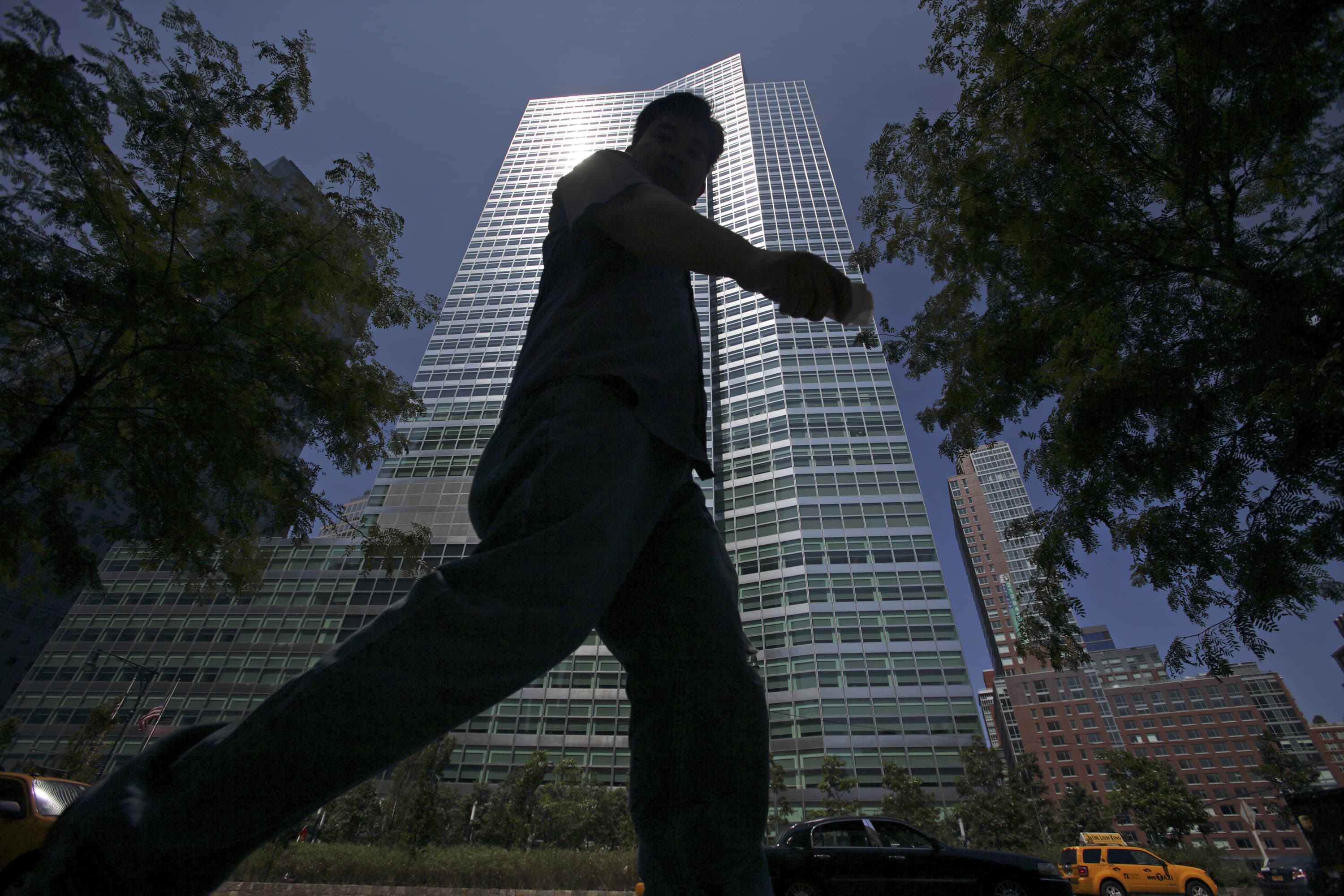A pedestrian passes in front of 200 West Street, which houses the headquarters of Goldman Sachs Group Inc. in New York.
Scott Eells | Bloomberg | Getty Images
Goldman Sachs’ junior investment bankers are suffering from exhausting 100-hour workweeks and demanding bosses during a SPAC-fueled business boom, according to an internal survey by a group of first-year analysts.
The increase in activity has seriously affected the mental and physical health of analysts at least since the beginning of the year, according to slides published on social networks and authenticated by people with knowledge of the subject.
“Sleep deprivation, treatment by senior bankers, mental and physical stress … I have been to an orphanage and this is arguably worse,” said a Goldman analyst, according to the February survey of 13 employees.
“My body hurts physically all the time and I’m mentally in a really dark place,” said another analyst.
The slide show, filled with color-coded graphics and formatted in the official style of an investment bank sales book, was created after a group of disgruntled analysts from various teams came together to research their colleagues, according to people . First-year analysts are typically college graduates and are at the bottom of the Wall Street hierarchy; above them are associates, followed by vice presidents and managing directors.
Goldman Sacks Effect on Physical and Mental Health.
Source: Litquidiity | Instagram
The Wall Street model is to hire thousands of start-up employees every year, usually graduates from top universities, to create a talent channel and workforce dedicated to the more mundane aspects of investment banking. Junior bankers exchange a strenuous workload for a salary higher than the average American salary and a chance to eventually win multimillion-dollar compensation packages as managing director.
Working conditions on Wall Street became a hot topic in 2013 after a Bank of America intern in London died after a sleepless night. The industry then began adopting protected weekends, where junior employees were unable to work on Saturdays or Sundays without manager approval.
Still, despite the changes, the aggressive culture of the industry remains. Goldman survey respondents called conditions “inhumane”, saying that working 110 hours a week often leaves only four hours a day to sleep and take care of yourself
Although the survey was conducted with a small sample of Goldman employees, the bank took its concerns seriously, people said. Goldman executives met with employees last month and said they were encouraging the hiring of junior bankers to handle the workload, they said. The bank has also transferred employees to more busy teams and has been working to automate aspects of its functions.
The 13 employees were not punished for creating the survey, a segment of which was posted this week on Instagram’s Litquidity account, people said.
“We recognize that our people are very busy, because business is strong and volumes are at historic levels,” said Goldman spokeswoman Nicole Sharp. “With a year of COVID, people are understandably overwhelmed and that is why we are listening to their concerns and taking several steps to address them.”
Just after a record year for Wall Street, the IPO market is on fire, driven by the insatiable demand for new companies. That demand is being met by SPACs, or blank check companies used to go public, and the $ 164 billion SPAC mergers so far this year have already exceeded the 2020 total, according to Dealogic.
Business accumulation reached a record level in the first quarter, Goldman CFO Stephen Scherr said at a conference last week. Goldman is the largest merger consultant in the world, surpassing JPMorgan Chase in total turnover and number of transactions.
